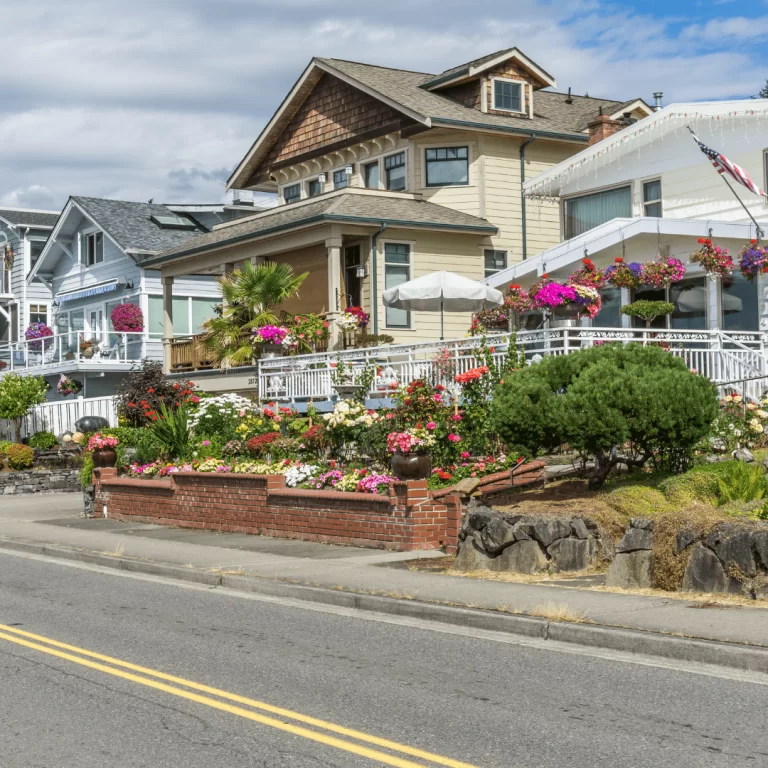Buying a new home is one of the biggest and most important investments you can make in your life. It can be a daunting experience, especially if you are unfamiliar with the real estate industry and the terms used in the process. One such term is a CDD, or Community Development District, which is increasingly becoming more important in the home buying process. A CDD is a form of local government that is authorized by the state to provide certain services to a defined area. This comprehensive guide will explain what a CDD is, how it affects home buyers, and what services it provides. By understanding the role of a CDD, home buyers can make informed decisions about their new home purchase.
What is a CDD?
A CDD is a special type of government entity that offers certain services to a defined area. This area is often the same as the jurisdiction of a city or town or a larger area such as a county or regional government. A CDD’s governing board consists of elected officials from the area within the district, and the board oversees the administration of services provided by the CDD. A CDD’s main purpose is to engage in economic development activities that provide benefits to the population of the area. This means that CDDs are not responsible for providing core government services such as police and fire departments. Instead, CDDs are in charge of providing services that support the local economy, such as building and maintaining roads, providing utilities and water, and promoting economic growth.
How Does a CDD Affect Home Buyers?
A CDD affects home buyers in many different ways. The first way a CDD affects home buyers is through special assessment fees. These fees are periodic payments that property owners in the CDD are responsible for paying to help fund the services provided by the CDD. The amount of the fee will vary depending on the services the individual CDD provides. If a CDD provides special utilities, such home owners will pay special utility fees. If a CDD provides water and sewer services, home owners in the area will pay water and sewer fees. The amount of these fees will vary depending on the services provided by the CDD, how many people are connected to utilities, and other factors. While there are no guarantees in life, home buyers can minimize the financial impact of these fees by choosing to buy in a CDD that provides necessary services. For example, if a home buyer wants to purchase a home that has access to city-provided utilities, he or she can lessen the financial impact of utility fees by purchasing a home in a CDD that uses city-provided utilities, rather than a CDD that provides its own utilities.
What Services Does a CDD Provide?
CDDs provide a wide range of services. These services can vary from one CDD to another, but they usually include things like road maintenance, water and sewer systems, and economic development activities. Road maintenance is probably the most important service provided by a CDD. When a certain area is designated as a CDD, the state government assumes responsibility for providing certain core government services, such as police protection and firefighting. However, the state government does not provide services like road maintenance, which are necessary for economic growth and development in the area. This is where a CDD comes in. A CDD provides road maintenance services for the general public living within the district. This includes building new roads and maintaining existing roads, as well as installing traffic signals and streetlights.
CDD Assessments and Fees
One of the main drawbacks of living in a CDD is the potential for having to pay special assessments. These assessments are periodic payments made by property owners within the CDD to help fund the services the CDD provides. While the amount of these fees varies by district, the services provided by the CDD, and other factors, the following is a general overview of how these assessments are calculated. First, the governing board of the CDD will decide which services to provide. Next, they will determine the cost of providing those services and determine how much the service needs to generate in order to be self-sufficient. Finally, they will decide on the frequency of when assessments need to be paid by property owners, and the amount of those assessments. The amount of the assessment is calculated by multiplying the cost of providing the services by the number of people connected to those services. For example, if the cost of providing water and sewer services is $100,000, and there are 100 homes connected to those services, each property owner must pay $1,000 per year to help fund those services.
Easy access to city services: CDDs typically use city services like utilities, water, and sewer, which means that service providers have an incentive to be on time and efficient. This means that you’re more likely to have reliable access to these types of city services.
High-quality infrastructure: The roads in a CDD are usually of higher quality than those outside a CDD because the government has a financial incentive to maintain them well. Additionally, CDDs often build new roads to accommodate for new population growth.
Access to economic development activities: CDDs are in charge of promoting economic development activities within the area. This can mean that you can attend educational workshops, seminars, and other events related to your career.
Conclusion
Real estate is an important investment in most people’s lives, and buying a new home is a major decision. One important aspect of this decision is figuring out whether you want to buy a home in a CDD. Understanding what a CDD is, how it affects home buyers, and the services it provides will help you make the best decision possible.




